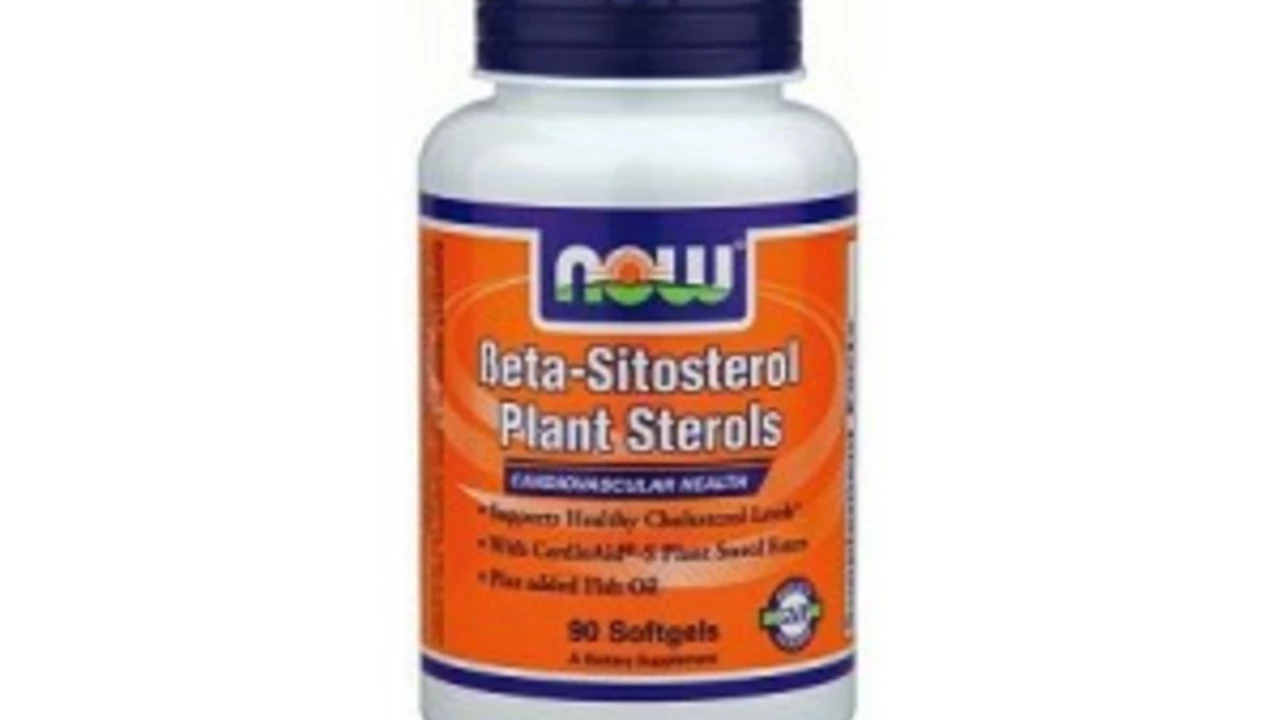Heart Health: Simple Steps You Can Start Today
Heart disease is the top killer worldwide, but small daily choices add up. You don’t need an extreme plan. Shift a few habits, track a couple of numbers, and you’ll cut risk faster than you think.
Daily habits that make a real difference
Move more. Aim for about 150 minutes of moderate activity a week — brisk walking, cycling, or swimming. Add two short strength sessions to keep muscle and metabolism steady. If you’re short on time, three 10-minute walks work as well as a long session.
Eat like your heart matters. Focus on vegetables, whole grains, nuts, beans, and oily fish (salmon, sardines). Swap refined carbs for oats or brown rice. Cut back on processed foods, sugary drinks, and trans fats — those raise bad cholesterol fast. A handful of nuts or a serving of oily fish twice a week will help more than fancy supplements.
Watch salt and portion sizes. Most people eat twice the salt they need. Use herbs, lemon, and spices for flavor. Stop eating when you feel satisfied, not stuffed.
Quit smoking and limit alcohol. Smoking damages blood vessels and dramatically raises risk. If you drink, keep it moderate — that means up to one drink a day for women and up to two for men. If quitting feels hard, talk to your doctor about proven help: nicotine replacement, counseling, or medication.
Sleep and stress matter. Aim for 7–8 hours per night. Chronic stress raises blood pressure and encourages bad habits. Try short, practical stress breaks: 5 minutes of deep breathing, a quick walk, or a phone call to a friend.
Numbers to know and simple checks
Track blood pressure, cholesterol, and weight. High blood pressure often has no symptoms but you can measure it at home or get checks at a pharmacy. Know your target numbers and ask your doctor how often to test.
If you have diabetes, keep blood sugar under control. Even mild diabetes raises heart risk, so check A1c as advised and follow treatment plans.
Take prescribed meds exactly as directed. If a drug causes side effects or costs too much, don’t stop — call your provider. There are usually safe, effective alternatives or dose adjustments available.
Know the warning signs that need urgent care: chest pain or pressure, shortness of breath, sudden fainting, or sudden weakness on one side. Faster treatment equals better outcomes.
Start small. Pick two habits to change this week — a daily walk and cutting one sugary drink. Track progress, celebrate small wins, and build from there. Your heart responds to steady, practical changes more than dramatic one-time fixes.
If you want, bring a list of your meds and family history to your next checkup and ask for a simple heart plan. A short conversation with your doctor can point you to the single most effective step for your situation.

Beta-Sitosterol: The Secret Ingredient to Boost Your Immune System and Improve Heart Health
In my latest research, I've discovered an exceptional ingredient called Beta-Sitosterol, a plant sterol with extraordinary health benefits. Incorporating this element into your diet can work wonders for your immune system, enhancing its function and helping you stay healthy. But that's not all - Beta-Sitosterol also holds the potential to improve your heart health, offering a lower risk of heart disease. In a nutshell, this secret ingredient offers a two-in-one health boost, improving your immunity and cardiovascular health simultaneously. So, if you're looking to revamp your health regime, Beta-Sitosterol could be the secret ingredient you've been searching for!
July 26 2023